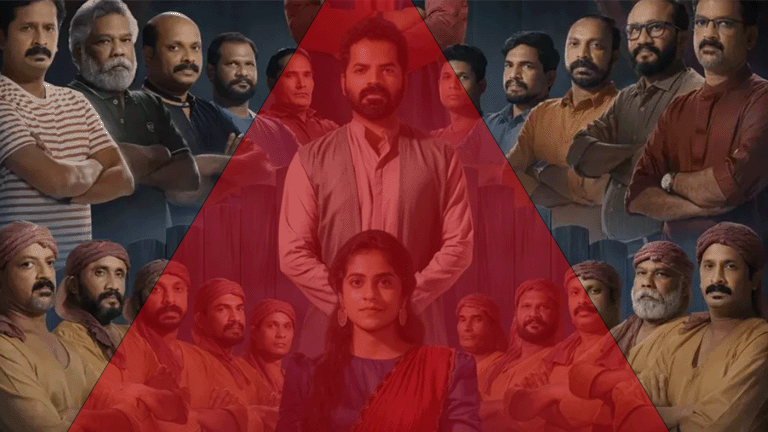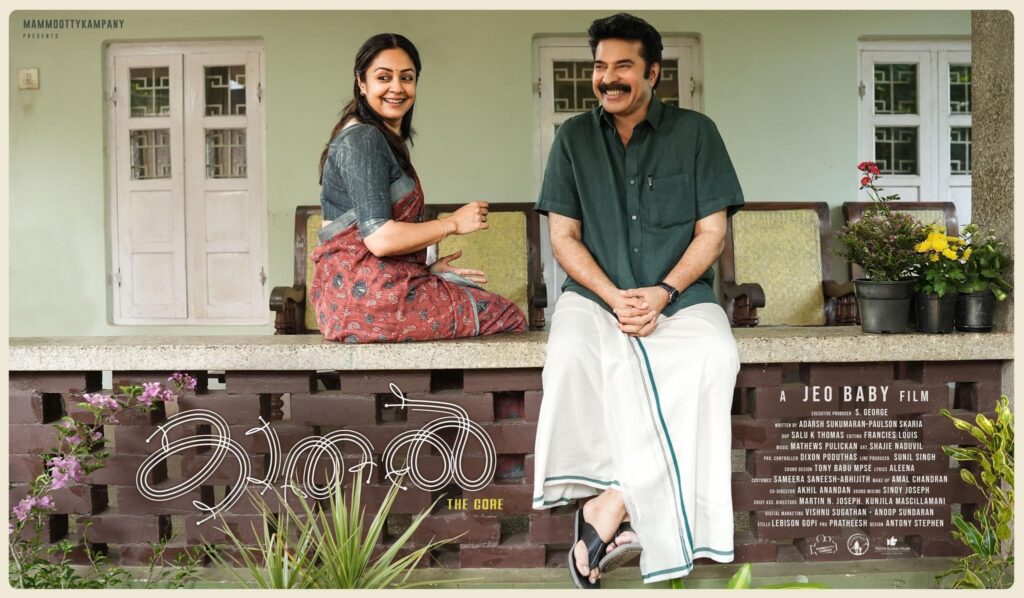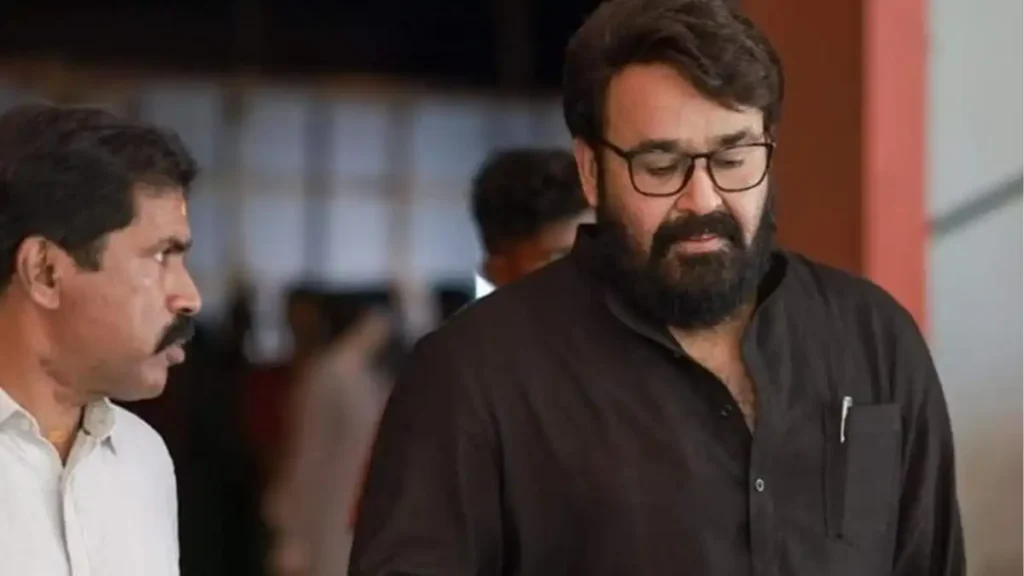Anand Ekarshi’s debut film confronts entrenched social norms, urging action beyond dialogue in a society where gender equality eludes grasp. Justice, the film posits, is not a given, but a deliberate choice.
Anjali, played with nuanced complexity by Shihab, navigates these societal currents as part of a theater group – a microcosm of the world at large – with 12 men and one woman. The narrative deepens when Anjali encounters sexual harassment, sparking debate amongst the male actors about their complicity and responsibility.
While Anand Ekarshi masterfully builds tension through ambiguity, withholding the perpetrator’s identity, this Rashomon-esque approach may leave viewers yearning for a more definitive resolution. Exposing the culprit, some argue, aligns with the film’s artistic aim to hold a mirror to reality. Others caution against reinforcing harmful stereotypes by potentially implicating all men.
While Anjali’s catharsis resonates, concerns arise about potential injustice towards the accused. The film walks a tightrope, toeing the line between illuminating the pervasive nature of sexual harassment and inadvertently painting all men with the same brush. The true path to progress, the film suggests, lies in dismantling the patriarchal framework itself, rather than perpetuating harmful binaries.
Drawing parallels to “12 Angry Men,” Anand Ekarshi tackles the #MeToo movement’s critical issue of workplace harassment. However, the film’s use of ambiguous terms like “tactile hallucinations” could be misconstrued, potentially diluting the gravity of genuine assault claims. In a climate demanding clarity and accountability, the focus, the film reminds us, should be on identifying and punishing perpetrators, not resorting to generalizations.
Anand Ekarshi’s film, while sparking vital conversation, remains a subject of diverse perspectives. Its artistic ambiguity will likely find both passionate advocates and equally fervent critics. Ultimately, the film’s true value lies in its ability to ignite discourse and challenge us to confront the complexities of gender-based power dynamics.



